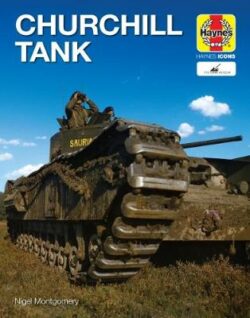De Havilland and Hatfield 1936-1993
$55.00
Out of stock
Alert me when product is restocked
Description
With the approach of WW2 the de Havilland Aerodrome at Hatfield went through a major expansion, concentrating on Mosquito production and development. The Company also pioneered the production and development of jet engines led by Major Frank Halford, leading to the Vampire jet fighter. Early commercial aircraft were the Dove and Heron, but the major pioneering programme was the Comet, the world’s first commercial jet airliner, which first flew on 27 July 1949 and entered service with BOAC on 2 May 1952. The DH.108 tailless research aircraft based on the Vampire fuselage was used to investigate the effects of the speed of sound, exceeding Mach 1 on 9 September 1948. The de Havilland jet airliner developed through the Trident, which was the first aircraft capable of automatic landing with passengers in all weathers, leading to the BAe 146 Whisper Jet, Britain’s most successful jet airliner. In addition to developing turbojet engines, the Engine Company also developed rocket engines. The Propeller Company developed air-to-air guided missiles and the Blue Streak stage 1 booster space rocket. Other types developed by de Havilland at Hatfield were the Sea Vixen naval strike fighter and the DH 125 Business Jet.
Additional information
| Weight | 492 g |
|---|---|
| Dimensions | 156 × 234 mm |
| Author | Philip Birtles |
| Author Bio | Philip Birtles joined the de Havilland Aeronautical Technical School in September 1957 serving a five year mechanical and production engineering apprenticeship. Having completed training Philip joined the test pilots' department as PA to John Cunningham, the chief test pilot. He then spent the rest of his career in aerospace marketing at Hatfield and Stevenage until the Aerodrome closed in 1993. He has spent many years at the de Havilland Aircraft Museum, where he is now president, and has written nearly 50 books mainly on aerospace subjects. |
| ISBN | 9781781557631 |
| Pages | 224 |




